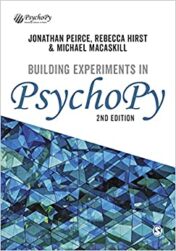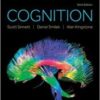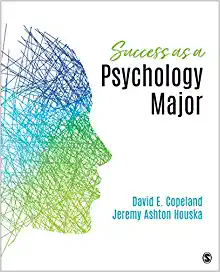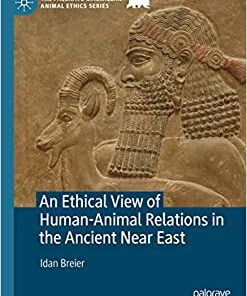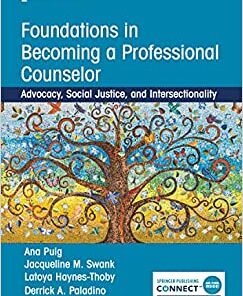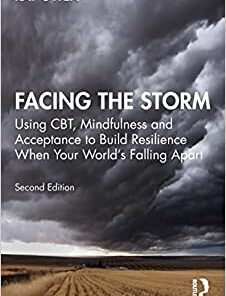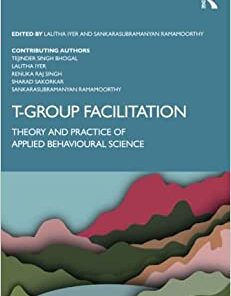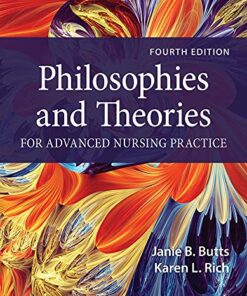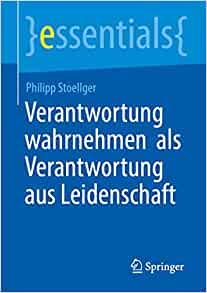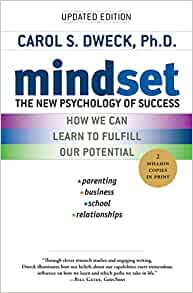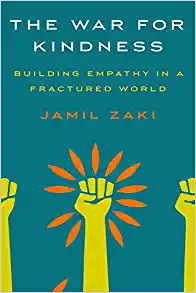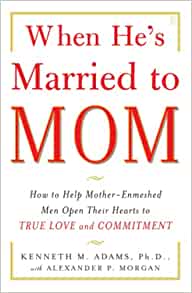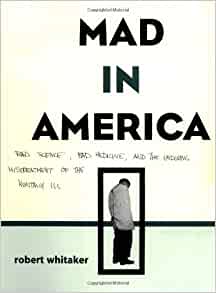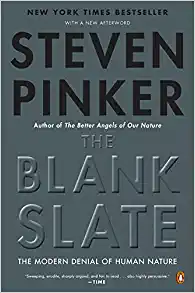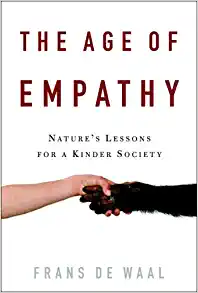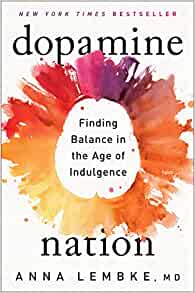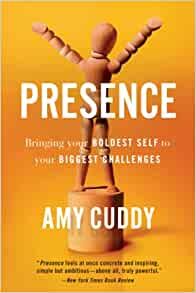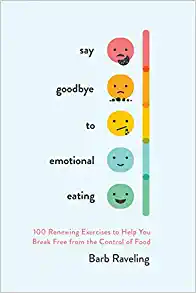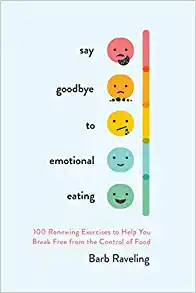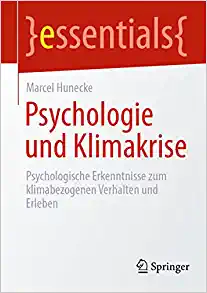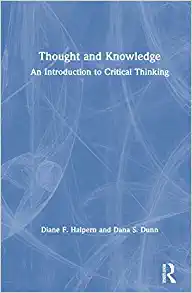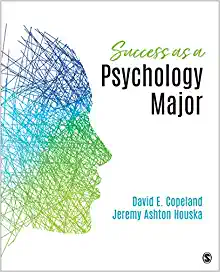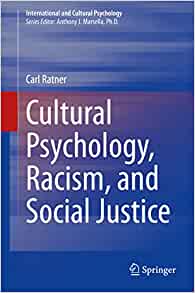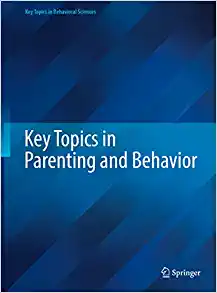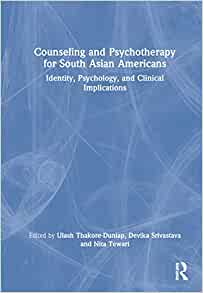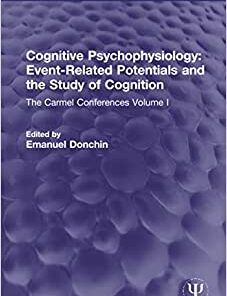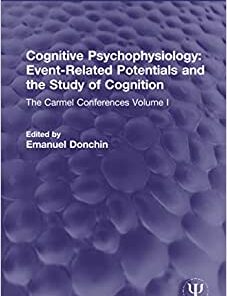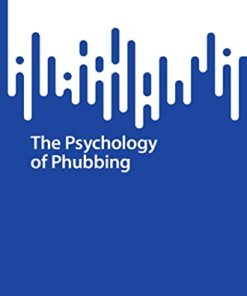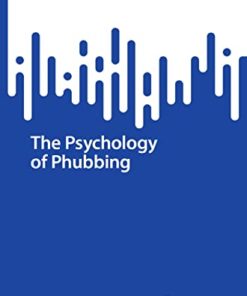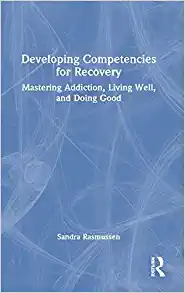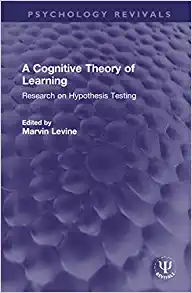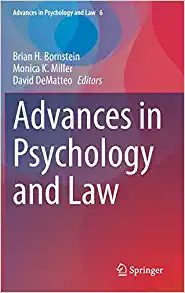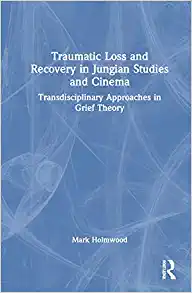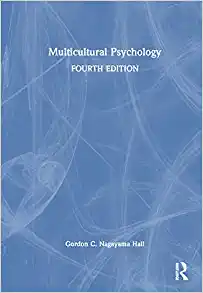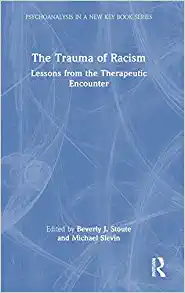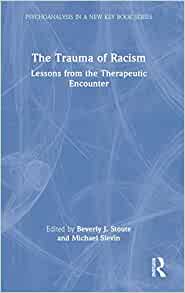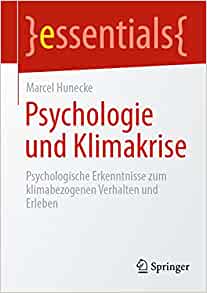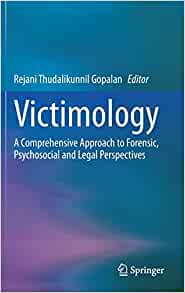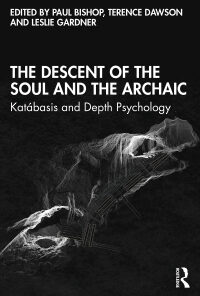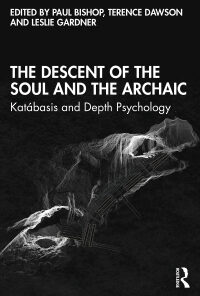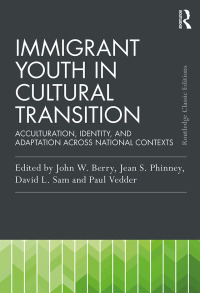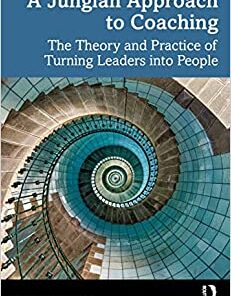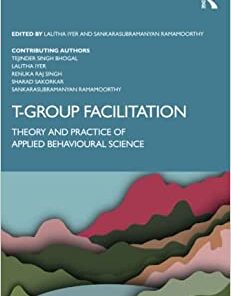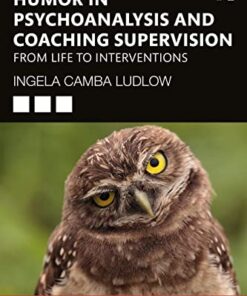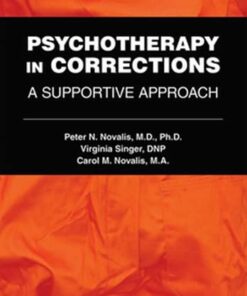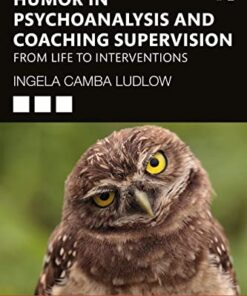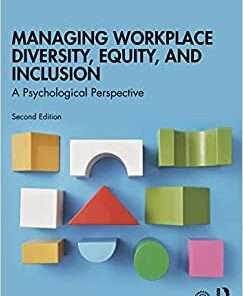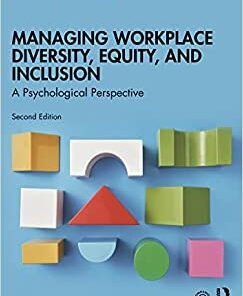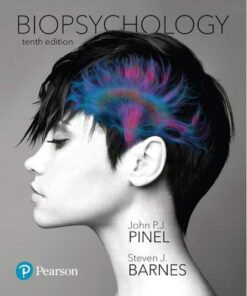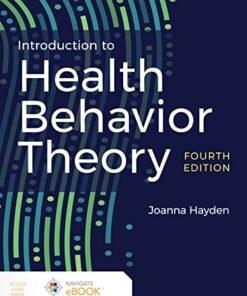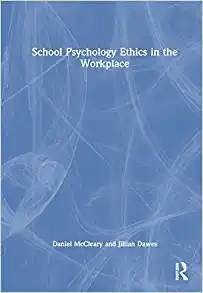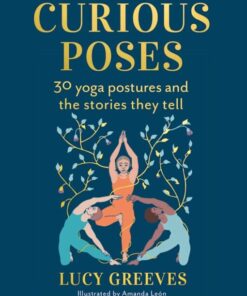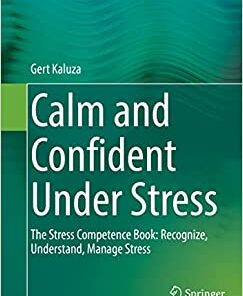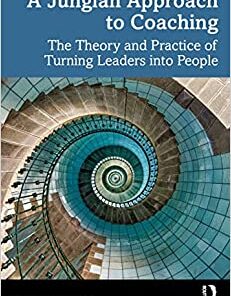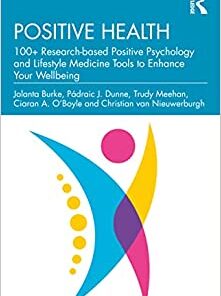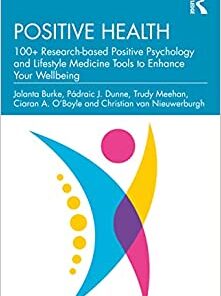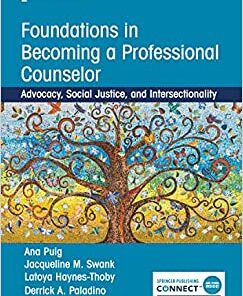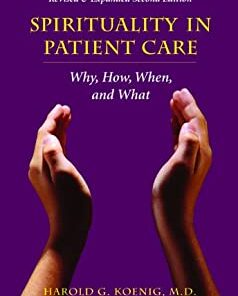Please log in to purchase this product.
Building Experiments in PsychoPy Second Edition 2022 epub+Converted PDF
Please log in to view the price.
Building Experiments in PsychoPy Second Edition 2022 epub+Converted PDF
Divided into three parts and with unique extension exercises to guide you at whatever level you are at, this textbook is the perfect tool for teaching practical undergraduate classes on research methods, as well as acting as a comprehensive reference text for the professional scientist.
Essential reading for anyone using PsychoPy software, the second edition has been fully updated and includes multiple new chapters about features included in recent versions of PsychoPy, including running studies online and collecting survey data.
Part I teaches you all the basic skills you need (and some more advanced tips along the way) to design experiments in behavioral sciences. Each chapter introduces anew concept but will offer a series of working experiments that you can build on.
Part II presents more details important for professional scientists intending to use PsychoPy for published research. This part is recommended reading for science professionals in any discipline.
Part III covers a range of specialist topics, such as those doing fMRI research, or those studying visual perception.
Divided into three parts and with unique extension exercises to guide you at whatever level you are at, this textbook is the perfect tool for teaching practical undergraduate classes on research methods, as well as acting as a comprehensive reference text for the professional scientist.
Essential reading for anyone using PsychoPy software, the second edition has been fully updated and includes multiple new chapters about features included in recent versions of PsychoPy, including running studies online and collecting survey data.
Part I teaches you all the basic skills you need (and some more advanced tips along the way) to design experiments in behavioral sciences. Each chapter introduces anew concept but will offer a series of working experiments that you can build on.
Part II presents more details important for professional scientists intending to use PsychoPy for published research. This part is recommended reading for science professionals in any discipline.
Part III covers a range of specialist topics, such as those doing fMRI research, or those studying visual perception.
Related Products
Psychology Books
Psychology Books
Psychology Books
Psychology Books
Psychology Books
Psychology Books
Intimate Relationships, 3rd Edition (Original PDF from Publisher)
Psychology Books
Philosophies and Theories for Advanced Nursing Practice, 4th Edition (Original PDF from Publisher)
Psychology Books
Psychology Books
Psychology Books
The War for Kindness: Building Empathy in a Fractured World (EPUB)
Psychology Books
Psychology Books
Mad In America: Bad Science, Bad Medicine, And The Enduring Mistreatment Of The Mentally Ill (EPUB)
Psychology Books
Psychology Books
The Age of Empathy: Nature’s Lessons for a Kinder Society (EPUB)
Psychology Books
Dopamine Nation: Finding Balance in the Age of Indulgence (EPUB)
Psychology Books
Psychology Books
Psychology Books
Psychology Books
Psychology Books
Freely Determined: What the New Psychology of the Self Teaches Us About How to Live (EPUB)
Psychology Books
Psychology Books
Psychology Books
Psychology Books
Psychology Books
Psychology Books
Cultural Psychology, Racism, and Social Justice (International and Cultural Psychology) (EPUB)
Psychology Books
Psychology Books
Psychology Books
Counseling and Psychotherapy for South Asian Americans (EPUB)
Psychology Books
Psychology Books
Acceptance and Commitment Therapy for Christian Clients: A Faith-Based Workbook (EPUB)
Psychology Books
Psychology Books
Psychology Books
The Psychology of Phubbing (SpringerBriefs in Psychology) (EPUB)
Psychology Books
The Psychology of Phubbing (SpringerBriefs in Psychology) (Original PDF from Publisher)
Psychology Books
Psychology Books
Developing Competencies for Recovery (Original PDF from Publisher)
Psychology Books
Psychology Books
Social Cognition (Psychology Revivals) (Original PDF from Publisher)
Psychology Books
Psychology Books
Psychology Books
Advances in Psychology and Law (Advances in Psychology and Law, 6) (Original PDF from Publisher)
Psychology Books
Psychology Books
Psychoanalytic Parent-Infant Psychotherapy and Mentalization (Original PDF from Publisher)
Psychology Books
Psychoanalytic Parent-Infant Psychotherapy and Mentalization (EPUB)
Psychology Books
Traumatic Loss and Recovery in Jungian Studies and Cinema (Original PDF from Publisher)
Psychology Books
Traumatic Loss and Recovery in Jungian Studies and Cinema (EPUB)
Psychology Books
Physical Appearance, Stigma, and Social Behavior (Psychology Revivals) (Original PDF from Publisher)
Psychology Books
Psychology Books
Psychology Books
The Trauma of Racism (Psychoanalysis in a New Key Book Series) (Original PDF from Publisher)
Psychology Books
Psychology Books
Sex and Sexuality in Medieval England (Original PDF from Publisher)
Psychology Books
Psychology Books
The Process of Question Answering (Psychology Revivals) (Original PDF from Publisher)
Psychology Books
The Process of Question Answering (Psychology Revivals) (EPUB)
Psychology Books
Victimology: A Comprehensive Approach to Forensic, Psychosocial and Legal Perspectives (EPUB)
Psychology Books
Psychology Books
Immigrant Youth in Cultural Transition (Psychology Press & Routledge Classic Editions) (EPUB)
Psychology Books
Psychology Books
Psychology Books
Psychology Books
Psychology Books
Psychology Books
Psychology Books
Managing Workplace Diversity, Equity, and Inclusion, 2nd Edición (Original PDF from Publisher)
Psychology Books
Psychology Books
The Loneliest Places: Loss, Grief, and the Long Journey Home (Original PDF from Publisher)
Psychology Books
Psychology Books
Psychology Books
Curious Poses: 30 Yoga Postures and the Stories They Tell (Original PDF from Publisher)
Psychology Books
Psychology Books
A Jungian Approach to Coaching (Original PDF from Publisher)
Psychology Books
Psychology Books
Psychology Books
Psychology Books
Psychology Books
Psychology Books
Psychology Books
Spirituality in Patient Care: Why, How, When, and What, 2nd Edition (Mobi+Converted PDF)

